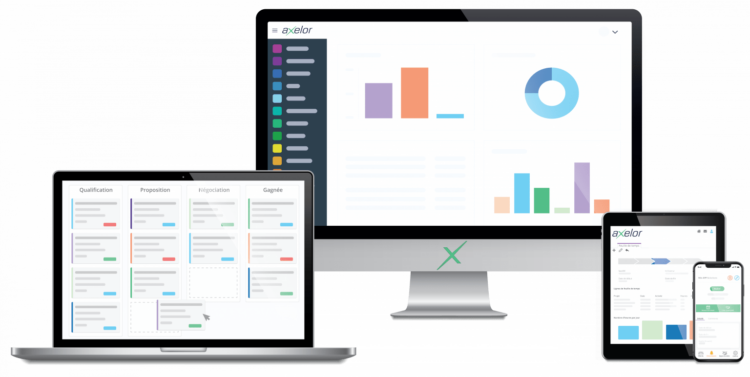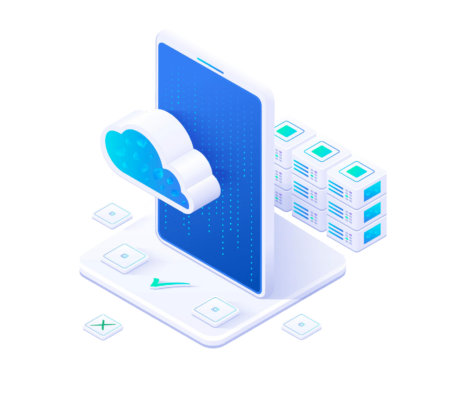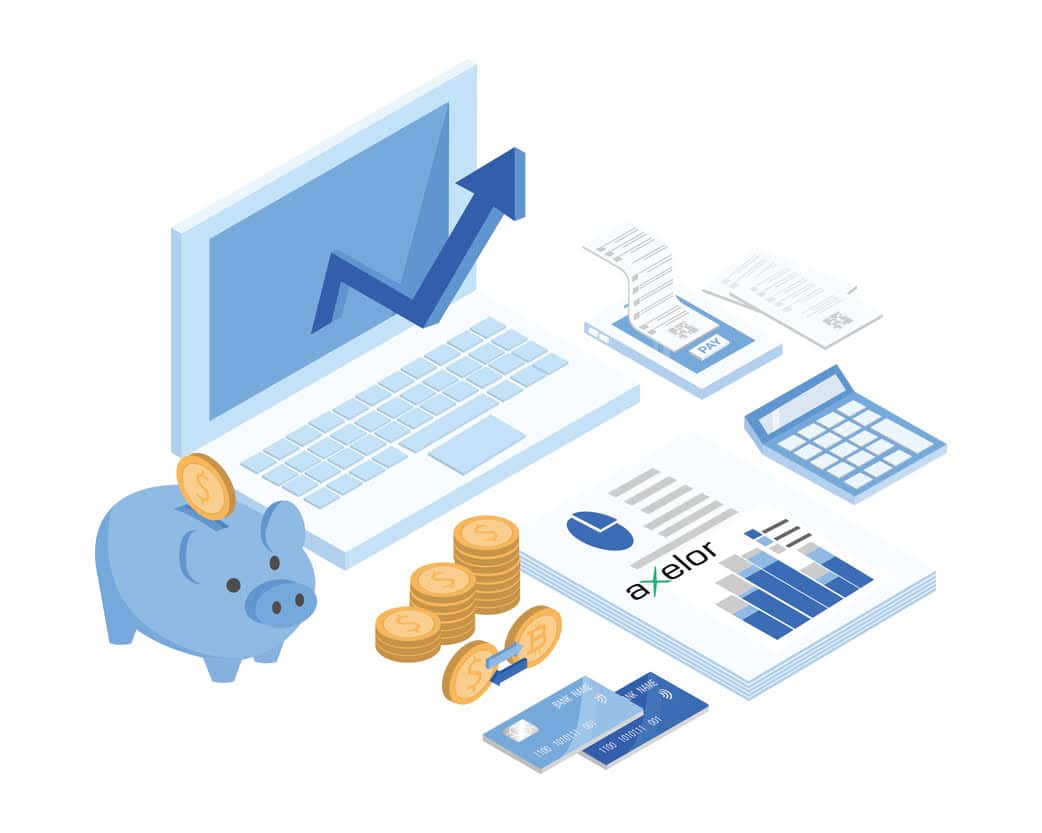ERP
How to choose the right ERP for your SME? [10 tips]
ERP software enables you to manage and centralize all your company’s business processes. This tool is essential for companies wishing to evolve, and offers many advantages. It enables you to increase productivity, manage your business processes, keep track of your customers, develop your company’s performance and, last but not least, gain a complete overview of your business.
The choice of an ERP is therefore crucial. Having the best tool will not only have a positive impact on the company, but will also enable it to grow and evolve with it. But which one should you choose, which software is the right one, and what criteria should you bear in mind? Here, we’ll take a look at the functions you need in an ERP solution, and what you need to know to make sure you choose the right software. We’ll also give you 10 tips for choosing the best ERP.
Contents
What is ERP?

ERP (Entreprise Resource Planning) softwares enable the management of a suite of business applications needed to run a company and share information. An ERP for small or medium-sized business will integrate modules such as inventory management, product management, job tracking, CRM, etc.
ERP can quickly become the backbone of your business. As the IT management foundation for your SME, it will centralize all your organization’s information and combine many of the tools you probably currently use, to make your life easier.

In concrete terms, these solutions bring together a range of functionalities to ensure better customer service, help control business processes, supervise production and optimize resources. From quotation systems to subscription and training management, ERP will be your main ally in managing your entire business and facilitating the sharing of information between departments.
In today’s business environment, choosing the right ERP means choosing the right solution.
What are the different types of ERP solutions?
General or specialized ERP?

General-purpose ERPs are also known as horizontal ERPs. These tools are divided into a variety of modules, enabling different business functions to be taken into account (HR, purchasing, accounting, production, etc.). Highly customizable for each company, the generalist is particularly comprehensive.
Among all the ERPs on the market, we can easily distinguish the specialized ones, which, as their name suggests, are opposed to the generalist ones. We’re talking here about vertical ERPs.
These software packages are best suited to very specific businesses, with targeted and precise modules. These software packages can be adapted for different sectors, such as manufacturing, distribution, construction management, or the public sector.

ERP Cloud or ERP on-premise

Cloud ERP, also known as SaaS ERP, is an enterprise resource planning system available online, from any browser. Requiring no installation, Cloud ERP often rhymes with simplicity and adaptability. This can therefore be a criterion of choice when looking for software for SMEs, since it ensures accessibility anywhere and at any time, from any medium (pc, tablet, smartphone, etc.). As a customer, ERP in SaaS mode is a guarantee of freedom.
A traditional ERP project, on the other hand, will require longer deployment times and higher associated costs. It will have to be installed on the company’s own server infrastructure. This allows you to keep all ERP data and information in-house, but requires you to manage installation, backups, and updates yourself.

What are the criteria for selecting an ERP tool?
Choosing an ERP is not something to be taken lightly. As we have seen in this article, this tool is essential and can help businesses to evolve. But you still need to choose the right one.
To find out how to choose the right ERP, you need to define and analyze your company’s needs and the benefit of ERP. This will help determine which type of ERP is best suited to your business. Depending on your company’s size and specific needs, you may opt for a Cloud or on-premise solution. But then you need to ensure that the solution is effective, and to do that, a few criteria can help determine which one to choose.
Modularité
Prise en main
Durabilité
Coût
How do you assess ERP performance?

We’ve been talking about productivity all along. You’re convinced that an ERP for your small or medium-sized business is a good choice, and that it will enable you to evolve, but you still need to know how to evaluate this. Performance can be measured from many different angles. To ensure the success of an ERP solution, you need to define KPIs (key performance indicators) in advance.
These factors can be used to measure the success of an ERP installation:
- Reporting: these reports enable productivity to be monitored once the ERP has been implemented.
- Satisfaction: it is necessary to monitor user satisfaction levels to ensure that they are using the software.
- Reliable: the solution must be readily available at all times. So it’s important that it’s not in an upgrade phase or out of service too regularly. An Open Source ERP can be a guarantee of security.

What are your ERP objectives?
Equipping your company with an ERP is an obvious choice for developing your business. When you install an ERP, you develop new objectives linked to the solution.
An ERP will therefore meet several objectives. Among these, one obvious objective is to control costs and lead times. An ERP system is crafted to enhance your efficiency, starting from identifying potential prospects through the CRM. The ability to track data empowers you to advance your business.
The choice of an ERP solution also serves a communication of objectives. It will enable you to centralize information and make it coherent and consistent, while ensuring smooth transmission between the various players. With this system, both internal and external communication is facilitated
An ERP solution meets productivity objectives, as well as data management, inventory management, and information transmission objectives. It gives you all the tools you need to achieve your objectives. It's the backbone of your business, linking the different branches of your activity and propelling your company to the next level.
An ERP project will give you a real competitive edge and enable you to expand your customer portfolio.
What budget should you allocate to your ERP project?

Choosing an ERP system is a long-term decision, so you need to think carefully about the budget you can allocate to it. In addition to the price of the software, you need to anticipate the resources, installation costs or purchase of licenses that will be required for the software to run smoothly.
When choosing your ERP, you can anticipate some of these costs by making a selection between Cloud and on-premise. On-premise ERP will often be more difficult to estimate, requiring installation time by the software publisher or in-house, and sometimes the right hardware to install it. You’ll need to anticipate these factors as much as possible. For Cloud ERP, the price will be easier to anticipate. On the other hand, you’ll need to take into account the cost of each additional license, as well as whether the price increases with the number of licenses.

On the other hand, you need to bear in mind that these costs will quickly be amortized thanks to the presence of ERP in your small or medium-sized business. In addition to improving your staff’s productivity, it will enable them to be more efficient by avoiding data entry errors or incorrect transmission of information. ERP is also a secure space, preventing omissions or falsifications. As a result, your staff will gain time and peace of mind at work, so they can focus on the tasks at hand.
How to choose the best ERP? 10 tips
After reading this article, you’re convinced that installing an ERP in your organization is a must, and offers many advantages. You know you need to choose the right software in order to grow. However, you still have some doubts about the choices you need to make… Don’t panic! Here are 10 simple tips to help you choose the right ERP software.
Establish clear requirements for your SME.
Check that the solution includes modules relevant to your needs.
Choose between Cloud or on-premise.
Anticipate the various ERP-related costs (additional license, updates, training, etc.).
It's essential to check the credibility of publishers on the market. This means keeping an eye on the companies they work with, the number of years they've been in business, and their maintenance services.
Check user reviews to ensure ease of use.
Establish a relationship of trust with your software publisher, and make sure they can help you.
Check the resources offered by the publisher: getting to grips with an ERP is not always easy, so resources to help you train yourself may be a good solution to ease its arrival.
Make sure it's mobile-responsive: the aim is to be accessible everywhere, and it would be a shame if your employees could only access it at their workplace from a fixed workstation.
Check compatibility with third-party applications. You're probably already using quite a few of the applications you need, so you might as well be able to connect them directly to this ERP.
Find out how our ERP can help improve your business performance
An expert will contact you shortly to discuss your project.